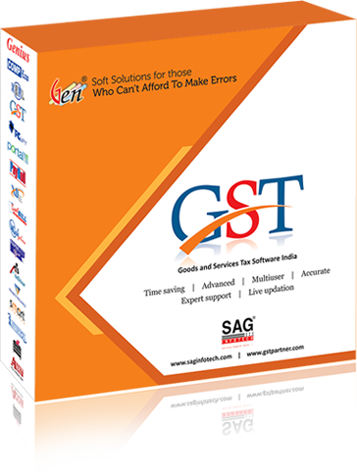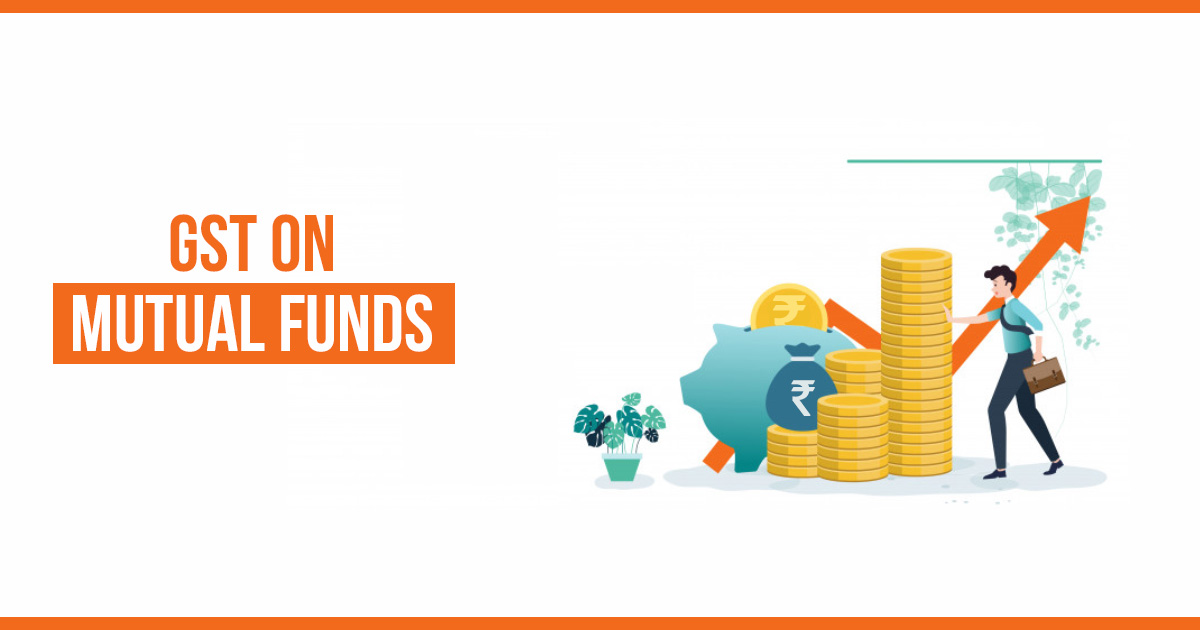It’s been a while since the GST (Goods & Service Tax) system was introduced in India to replace all the other indirect taxes such as VAT, sales tax, service tax, etc.
GST is a one-in-all indirect tax system, which means consumers need to pay only one tax during the overall supply chain. It also effectively removes the cascading (tax on tax) system by introducing the input tax credit mechanism of reversing the tax already paid on inputs.
E-commerce is one of the biggest industries in India, with a total market value of over USD 24 billion in 2017. The latest trend in the e-commerce industry is of online retail marketplaces such as Flipkart, Amazon and Paytm Mall.
Being such a huge industry, e-commerce marketplaces and sellers happen to be a major contributor of taxes to the government of India. GST Council has defined specific rules & compliance norms regarding taxation of this industry, resulting the impact of GST on e-Commerce, which we will get to know in this article.
Impact of GST Rules for E-Commerce Sellers
No Registration threshold
Until the 23rd GST Council meeting, e-commerce businesses and sellers were required to mandatorily register under GST irrespective of their annual turnover. That restriction has been removed now.
Under new laws, e-commerce businesses with an annual turnover less than Rs 20 lakh are not required to register under GST.
Recommended: Complete GST Return Filing Process for E-commerce Sellers
Tax collection at source (TCS)
Under the new tax regime, e-commerce sellers are required to pay GST on their services in the form of Tax Collected at Source to the respective marketplace operators. In other words, e-commerce marketplaces like Flipkart are required to deduct TCS from the earning of their sellers. This tax collected at source is deposited to the government.
The online marketplace sellers can also claim the credit of the tax (TCS) paid by them to the marketplace operator by filing a monthly return.
Not eligible for Composition Scheme
GST has introduced a composition scheme for small businesses and sellers, under which tax will be calculated at a fixed rate (2%) rather than on the basis of the turnover of a seller and paid directly to the government through a quarterly return filed by that seller.
Even though most of e-commerce marketplace sellers are small & medium businesses, they are not liable for the benefits of the Composition Scheme, as per the GST rules.
It is important that sellers that conduct business through online marketplaces such as Amazon and Flipkart understand these rules and impacts and keep themselves apprised of the latest GST compliance norms.
It’s also crucial that all the (eligible) e-commerce sellers get registered/enrolled under the GST system as soon as possible, to avoid penalty or late charges. Since GST is a one tax system, businesses no longer need to maintain separate warehouses in each state where they operate. It’s good news for online sellers as they can operate from one warehouse and supply goods/services to all over India. It is noted the positive impact of GST on e-Commerce sellers.
To ease the job of GST return filing, GST compliant billing, tax calculation, e-way bill generation, you can use a prominent GST software solution like Gen GST.






